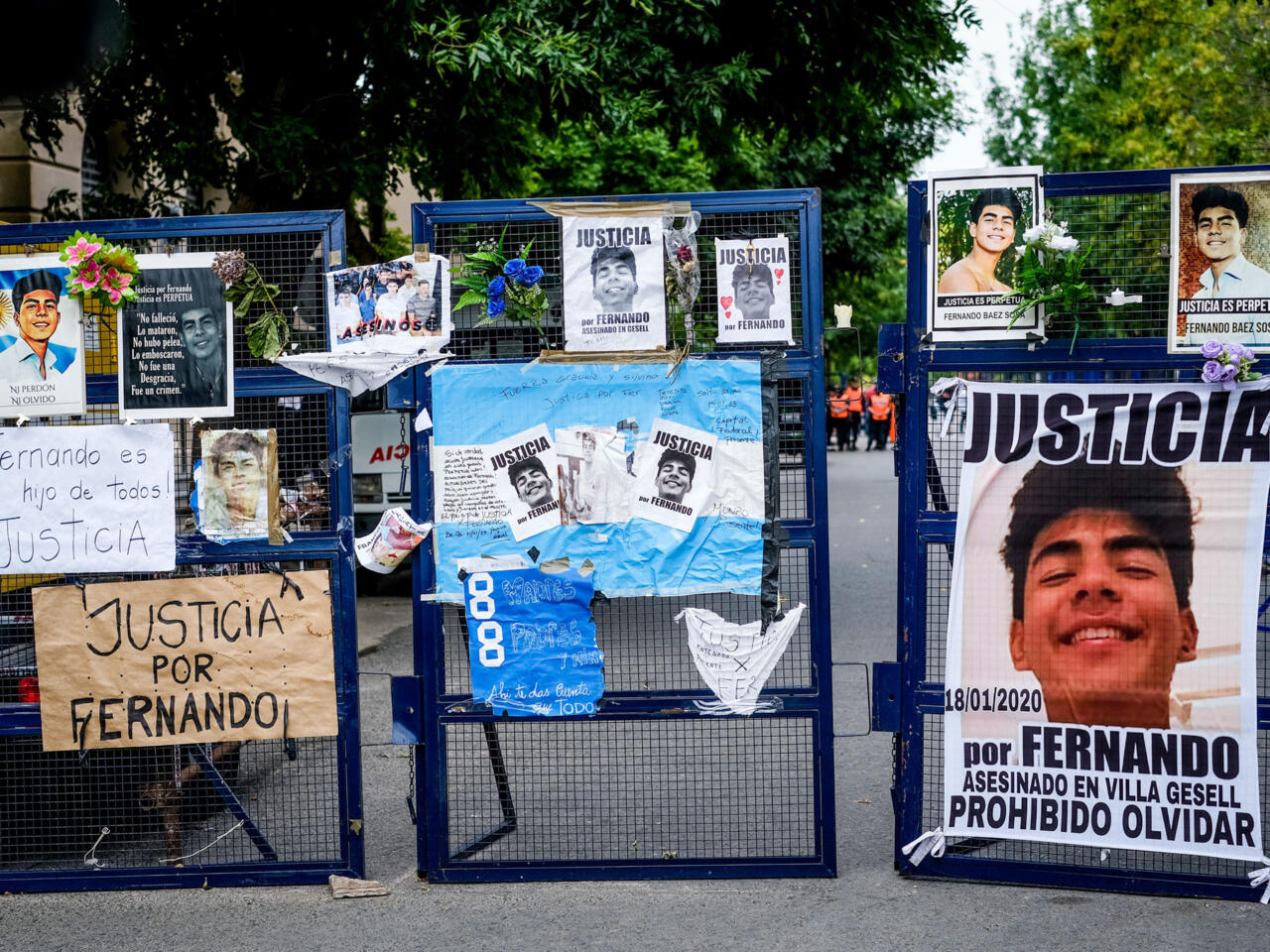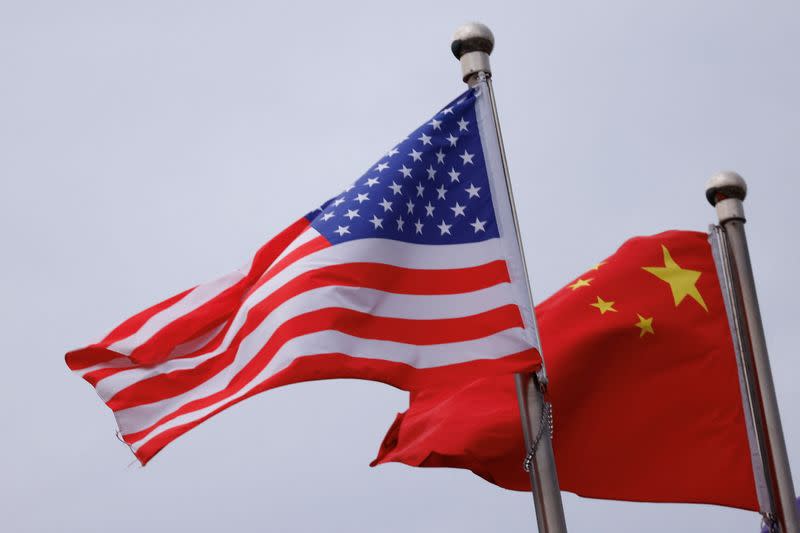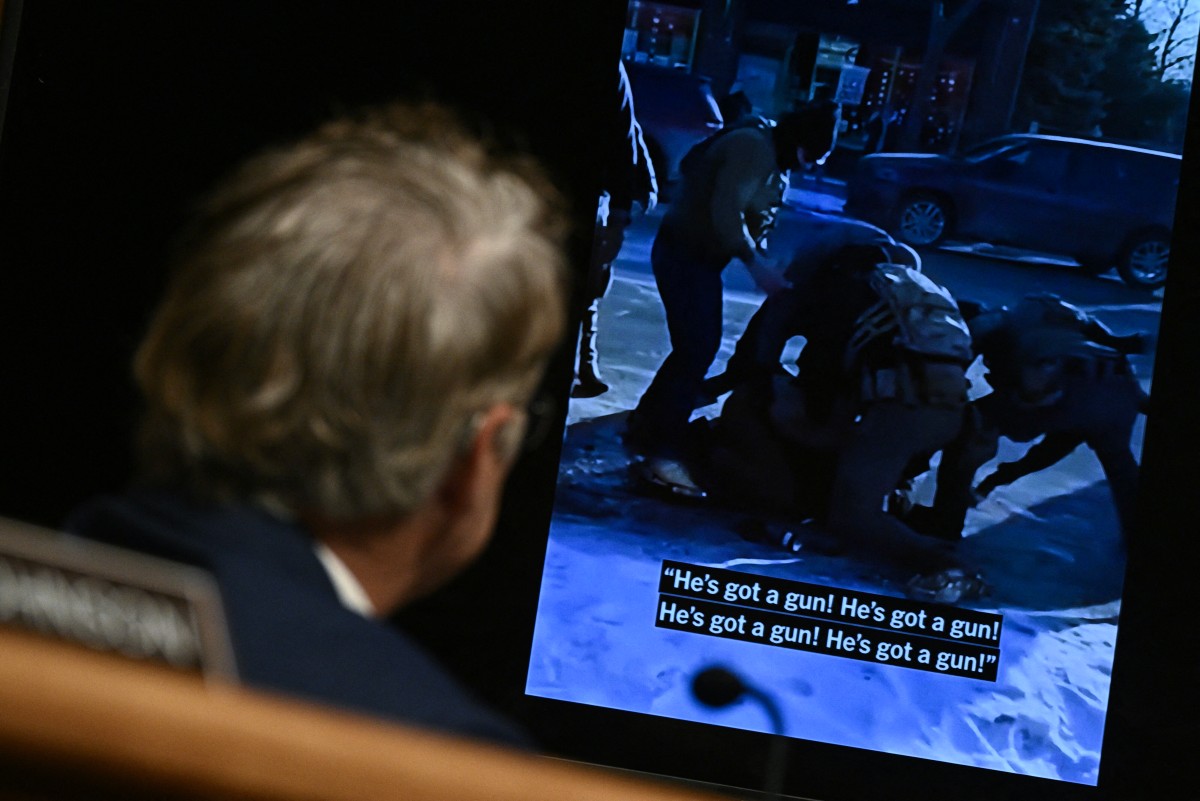International
High-profile murder trial shines light on Argentine discrimination

January 28 | By AFP | Philippe Bernes-Lasserre |
The shocking story of a teenager beaten to death by eight young rugby players has opened old wounds and shed light on class, race and gender discrimination in Argentine society.
Eight friends, now age 21 to 23, are facing life in prison if convicted of the premeditated murder of Fernando Baez three years ago in a popular seaside resort.
The trial is under way in Dolores, 200 kilometers (125 miles) south of Buenos Aires, and has gripped the nation, as did the original murder that sparked protests in several cities.
In the early hours of January 18, 2020, a fight broke out in a nightclub in Villa Gesell, a resort city popular with young people.
After those involved were evicted from the club, their quarrel continued in the street, but Baez, then 18, became isolated from his friends and surrounded by the eight defendants, who beat him so severely that he died of his injuries.
The trial opened three weeks ago but precious little light has been shone on who did what that night.
Some defendants have even denied hitting Baez.
The matter of who, or what, exactly was responsible for Baez’s death has inflamed social media debates.
“The question of class plays an important role in this case,” said sociologist Guillermo Levy, a professor at the universities of Buenos Aires and Avellaneda.
“Most of the rugby players are from rich, rural families.”
Some have pointed the finger at rugby itself, and the culture that surrounds it.
“It’s true that it is a cocktail of violence, racism, machismo, alcohol, etc. But I’m going to add the component of rugby training,” Facundo Sassone, a sociologist at the University of San Martin who is also a junior rugby coach, told AFP.
He said the “herd” mentality nurtured within a team environment had a role to play.
‘Why did rugby values fail?’
For all its positive publicity as a sport where respect and camaraderie are integral, rugby has a dark side in which gratuitous violence, and sometimes deeply inappropriate pranks, are commonplace and unquestioned.
“If we… say that it is a sport of values and friendship, why did it fail?” asked Sassone.
“Some issues can be misunderstood by rugby players and can generate situations of violence away from the pitch.”
Some former professional players have spoken out on the matter.
Former Argentina captain Agustin Pichot was one of the people to hit out at his sport after meeting Baez’s family in 2021.
He said rugby had “normalized bad things” by failing “to differentiate good from bad” in some of the practices that have developed within and around the sport.
Rugby by no means has a monopoly on violence — barely a year goes by without a death related to clashes between rival football fans, while drink-fueled fights outside nightclubs are commonplace.
It is a minority sport in Argentina, whose popularity pales compared with football.
But it stands out because it is traditionally played and watched by a wealthy elite.
And that is why this case has captured the public’s imagination in a way that violence between poor people would not, said sociologist and writer Alejandro Seselovsky.
The wealthy white “who kills, that’s like ‘a man bit a dog’, it’s newsworthy,” said Seselovsky.
‘Society needs to reflect’
The racial aspect of this murder is also forcing Argentine society to confront an awkward truth it would rather brush under the carpet.
According to witnesses, the defendants called Baez — whose parents, a bricklayer and a caregiver, are both Paraguayan immigrants — a “shitty black” while beating him.
“You cannot escape the reference to Fernando’s blackness in the assault,” sociologist Sebastian Bruno, an immigration specialist, told AFP.
The “racism and classism” is obvious, said Bruno, although Levy points out that it “doesn’t mean they wouldn’t have attacked him if he weren’t” Paraguayan.
In a country where the majority of the population is descended from white Europeans, mostly from Spain, Italy or Germany, the term “black” has been widely used to describe indigenous people or migrants from neighboring countries viewed as inferior, said Bruno.
“We need to reflect on the society that produced this,” said Levy.
International
Florida judge sets 2027 trial in Trump’s $10 billion lawsuit against BBC

A federal judge in Florida has scheduled February 2027 for the trial in the lawsuit filed by U.S. President Donald Trump against the BBC, in which he is seeking $10 billion in damages for defamation.
Trump accuses the British broadcaster of airing a misleading edit of a speech he delivered on January 6, 2021, which, he says, made it appear that he explicitly urged his supporters to attack the U.S. Capitol in Washington.
The president filed the suit in December in federal court in Florida, alleging defamation and violations of a law governing business practices when the program was broadcast ahead of the 2024 election.
Trump is seeking $5 billion in damages for each of the two claims.
Lawyers for the BBC unsuccessfully asked the court to dismiss the case, arguing that Trump had not suffered a “legally recognizable harm,” since the investigative program Panorama, which included the edited footage, aired outside the United States.
International
Head-of-state diplomacy key to guiding China–U.S. ties, Beijing says

Head-of-state diplomacy plays an irreplaceable strategic guiding role in China–United States relations, Chinese Foreign Ministry spokesperson Lin Jian said on Thursday during a regular press briefing, when asked about high-level exchanges between the two sides.
Lin added that in a recent phone call, U.S. President Donald Trump once again expressed his intention to visit China in April, while Chinese President Xi Jinping reiterated his invitation.
Both sides remain in communication regarding the matter, the spokesperson said.
Lin noted that the essence of China–U.S. economic and trade ties lies in mutual benefit and win-win outcomes.
“Both parties should work together to implement the important consensus reached by the two heads of state, injecting greater certainty and stability into China–U.S. economic and trade cooperation, as well as into the global economy,” he said.
International
Trump administration to end special immigration operation in Minnesota

The administration of Donald Trump is bringing to a close its special operation targeting illegal immigration in the northern state of Minnesota, border czar Tom Homan announced Thursday, following weeks of unrest and the fatal shootings of two activists by federal agents.
Thousands of federal officers had been deployed to Minnesota in December to carry out large-scale raids against undocumented immigrants.
The operations triggered strong reactions from residents and advocacy groups, leading to daily confrontations and the deaths of two people who were shot by federal agents.
“I proposed, and President Trump agreed, that this special operation should end in Minnesota,” Homan said during a press conference in the state capital, Minneapolis.
“A significant drawdown began this week and will continue into next week,” he added.
Homan indicated that similar enforcement efforts could be launched in other cities.
“Next week we will redeploy the agents currently here back to their home stations or to other parts of the country where they are needed. But we will continue to enforce immigration laws,” he said.
-

 Central America4 days ago
Central America4 days agoGuatemala isolates Barrio 18 leader after attacks that killed 11 police
-

 International2 days ago
International2 days agoU.S. Health Department says CDC grants no longer match agency priorities
-

 International1 day ago
International1 day agoOver 50 Civil Groups Urge House to Impeach DHS Secretary Kristi Noem
-

 International2 days ago
International2 days agoICE Arrests Reach 379,000 Under Trump, Testimony Shows Amid Minnesota Shootings
-

 Central America1 day ago
Central America1 day agoGuatemala to Phase Out Longstanding Medical Cooperation Agreement with Cuba
-

 International2 days ago
International2 days agoDespite homicide drop, overall deadly violence remains high in Mexico: study
-

 International2 days ago
International2 days agoSheinbaum Urges Mexico to ‘Jealously’ Guard Sovereignty at Air Force Anniversary
-

 International2 days ago
International2 days agoMEPs Approve Plan That Could Fast-Track Rejection of Some Asylum Claims
-

 International2 days ago
International2 days agoJet Fuel Crisis Hits Cuba: Flights Disrupted, Air Canada Cancels Services
-

 International1 day ago
International1 day agoNew York’s New Archbishop Names Óscar Romero as His Favorite Saint
-

 International2 days ago
International2 days agoMexico Rises Slightly to 141st in Global Corruption Perceptions Index 2025
-

 International7 hours ago
International7 hours agoHead-of-state diplomacy key to guiding China–U.S. ties, Beijing says
-

 International7 hours ago
International7 hours agoTrump administration to end special immigration operation in Minnesota
-

 International7 hours ago
International7 hours agoFlorida judge sets 2027 trial in Trump’s $10 billion lawsuit against BBC
-

 International1 day ago
International1 day agoExclusive Tucson Neighborhood Shaken by Disappearance of Savannah Guthrie’s Mother
-

 International2 days ago
International2 days agoChile Unveils Latam-GPT to Give Latin America Its Own AI Model


























